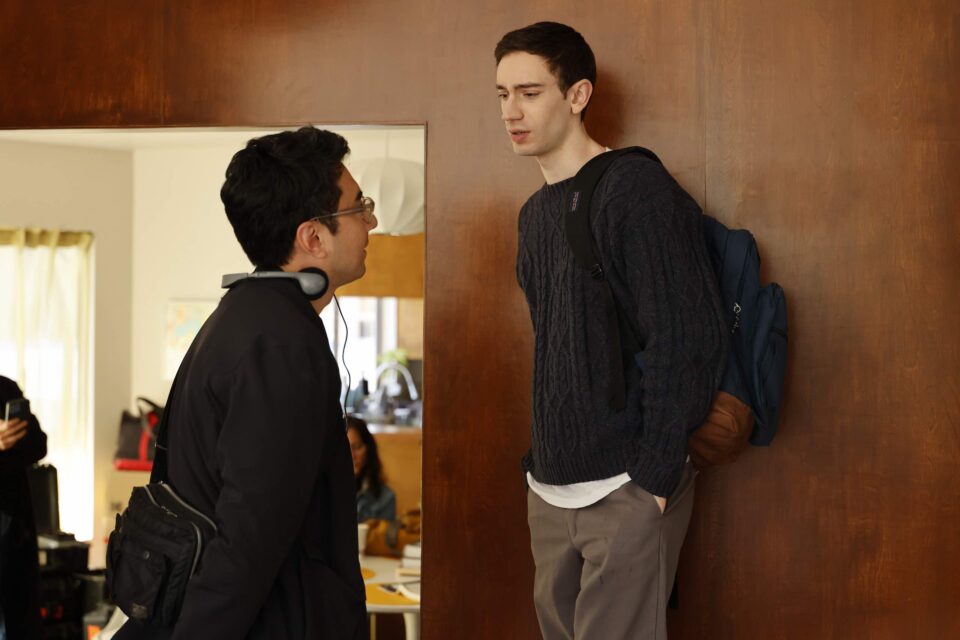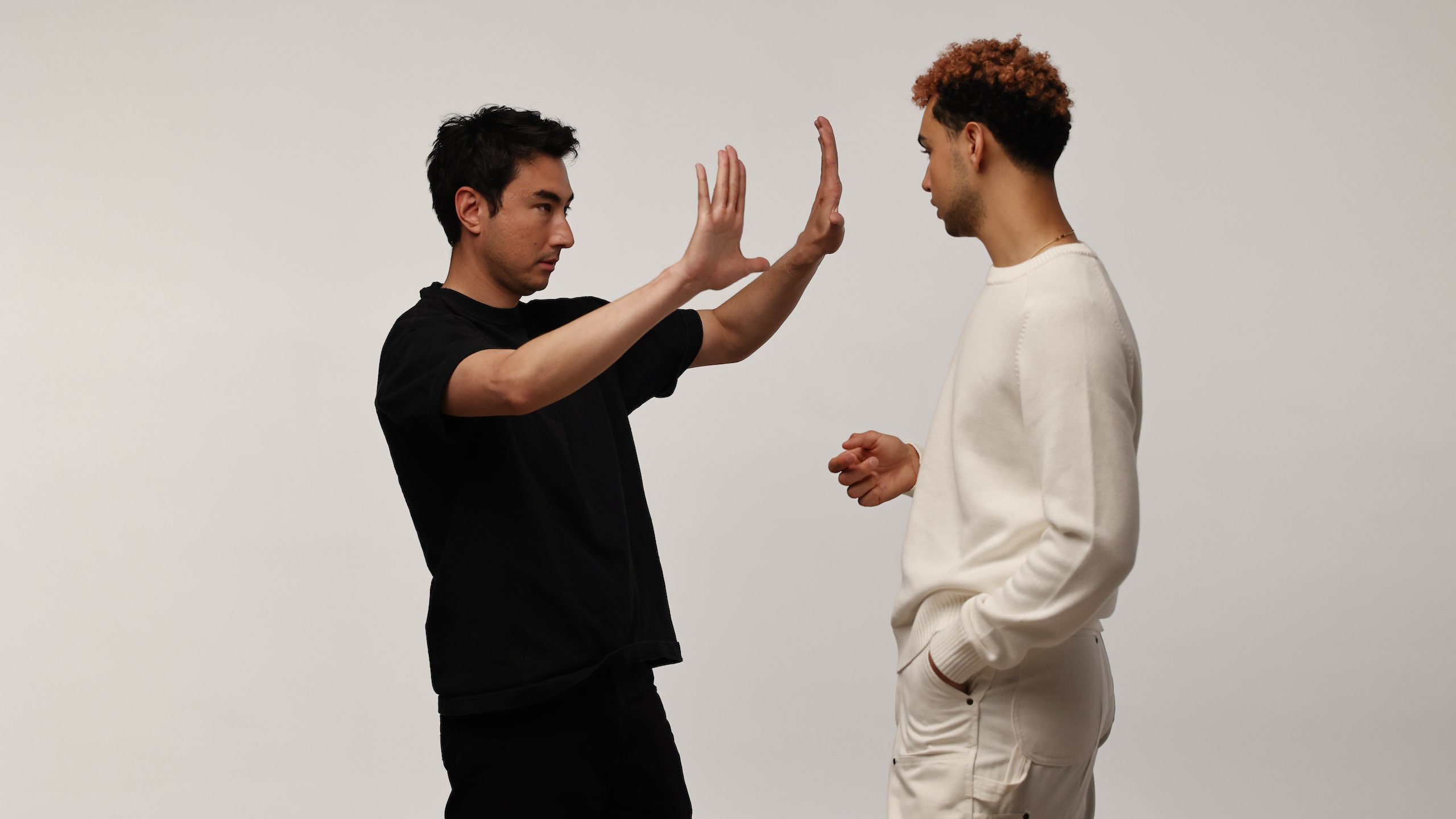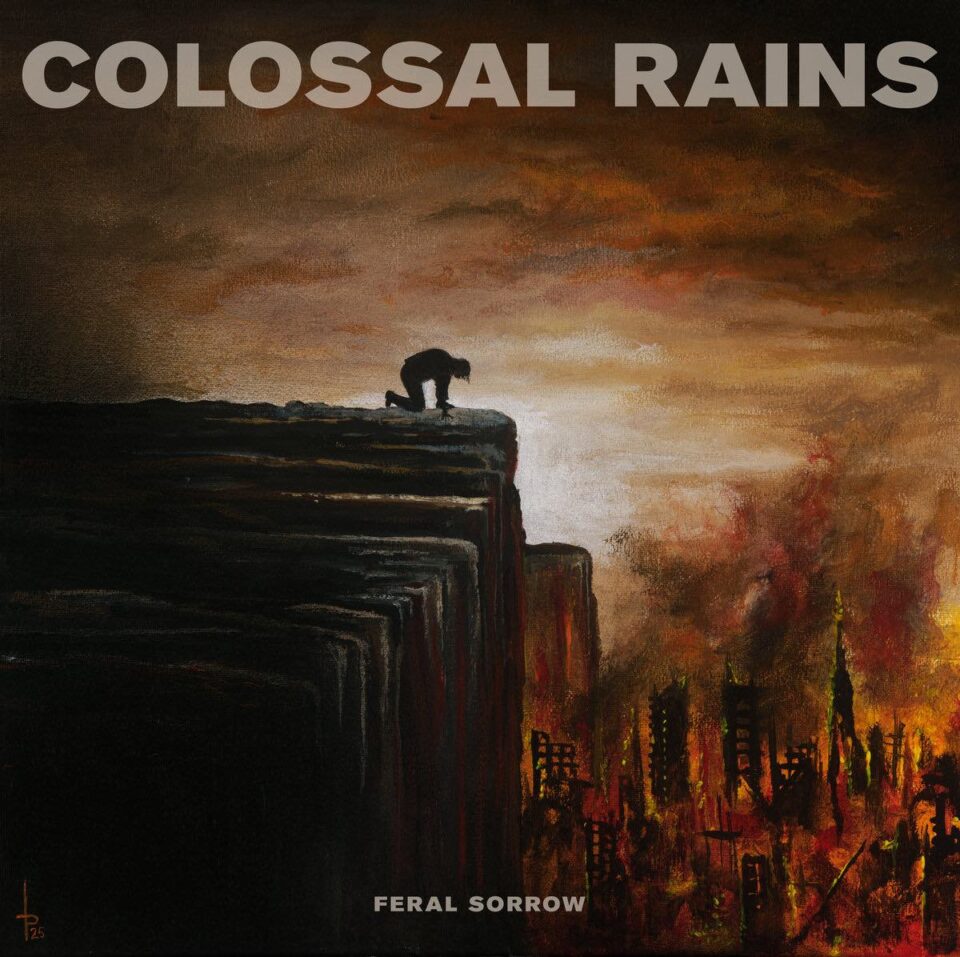As The Bear and Beef writer-producer Alex Russell was stuck at home during the COVID pandemic, he gave himself the task of “attacking something longer than a 30-minute episode” while also maintaining his unique style and tone. In the midst of writing a screenplay, he reflected on his years spent around artists in the LA music scene and the “darkly comic” social dynamics at play within the groups, from the artists themselves to the entourages and other hangers-on.
The result of this writing exercise was an unsettling, King of Comedy–esque psychological thriller that revolves around a parasocial relationship, which leaves the audience uncomfortable and hooked in equal measure. Lurker follows a retail clerk who encounters a rising pop star and takes the opportunity to edge his way into the in-crowd. But as the line between friend and fan blurs beyond recognition, access and proximity become a matter of life and death.
With the film hitting theaters this weekend, we spoke to writer/director Russell about finding comedy in obsession-based horror, the experience of making his first feature-length film, Martin Scorsese’s influence, and more.
What was it about this narrative and character study that most interested you?
It was just a seed [of an idea]. I didn’t know the whole story of it, but I had a feeling about the environments that I’ve been in and how young men my age were behaving around each other—what they weren’t saying to each other. I felt a weird sickness about it, maybe because I had a lot of time when I couldn’t go outside [during COVID]. I was reflecting on my early twenties, and then it just really came out of me. I was thinking about what’s funny about young men my age at the time, and then it got darker and darker—but for me, funnier.
All of a sudden, I had a screenplay and I thought, “This is a movie!” and it turned out to be one. Having such low expectations for myself in the early stages, where I was writing a scene or doing something smaller, allowed it to blossom without having the daunting task of this needing to be a real movie. I was just writing.
It’s interesting that initially you were looking at the funny side of it. Was your original intent to write a comedy?
I didn’t necessarily have genre expectations, but I was trying to find what my own unique tone felt like. Often, that comes from whatever I’m finding to be funny, and I guess that has a darkness to it. A lot of what I find funny is people who take things too seriously. That behavior makes me laugh. To me, the obsession thriller is the funniest thing, because it’s someone going too far and taking things too seriously and going to the extreme based on something that, to someone else, might be trivial.
“The obsession thriller is the funniest thing, because it’s someone going too far and taking things too seriously and going to the extreme based on something that, to someone else, might be trivial.”
You previously said that as your life “diverged from the subject matter,” you were able to treat the script like a “working document.” How did that distance help you?
By directing a script that I’d written years earlier, it allowed me to understand what was important and what I could jettison and what was flexible. I think when you write something and, in theory, two days later you go shoot it, you might still be very anchored and very precious to the details. But since some time had passed, it really allowed me to be like, “What’s very important about this scene is x,” and “What’s important about this character is that they feel this way.” It’s not important that the character is American; we can make the character British and it still works. It allowed me to be open to things falling into place in configurations which I hadn’t anticipated.
And that’s the challenge of filmmaking: the unpredictable and unexpected nature of how things fall into place. When you write something, being precious about it is a way of protecting yourself and controlling the situation and not letting it get out of your hands and get out of your understanding. So I was just more flexible in my understanding of the movie as these paths became what they did. That’s such a big part of directing small movies: You get what you get and you make the most out of it.
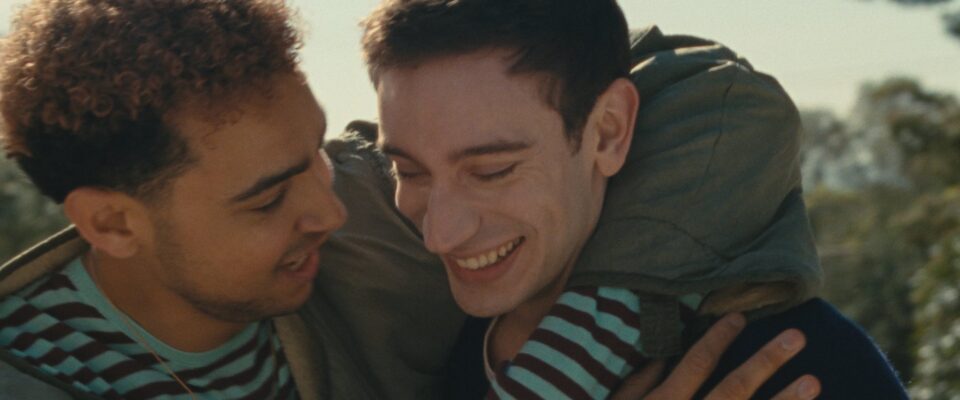
As it was your feature film debut, what were the unexpected challenges that came with this project?
I was very lucky in that I talked to so many people about their disastrous production experiences, so going into it I was ready for the worst—and then it wasn’t bad. It felt like someone was looking out for us for those five weeks, and we were able to get what we were trying to get. I think because I was so locked in with my cast and crew, it was pretty smooth. There are things you have to be nimble about, so I became flexible. If the scene wasn’t working, then I could rewrite it very quickly, because I just knew what it was about and I knew the function of it and the larger tapestry of the story. If I saw something on the monitor and it was boring, I can bet that it’s [still] going to be boring later in the edit, so I’m like, “Let’s figure out how to make this fun right now.” A lot of that had to do with being less indulgent in certain ways and not letting scenes drag on. You can cut stuff down in the edit, but it needs to feel alive from moment to moment, and that’s what I was prioritizing.
With an obsessive protagonist immersed in this parasocial relationship, there are obvious comparisons with The King of Comedy and Taxi Driver. What makes this genre so effective in unsettling the audience?
What makes obsessive characters effective is that it’s really easy for an audience to get invested in someone who’s very clear about what they’re trying to do. It feels good to watch someone try very hard to do something. I think it’s easy to get in someone’s head that way and be on their journey. So with King of Comedy and Taxi Driver, these are character studies where you’re hooked into their psychology and you’re at the mercy of where that psychology goes. That’s something I really appreciated in Taxi Driver, in particular, where whether you agree with this guy or not you’re along for the ride. Being invested in that character, it may betray you, or it may make you feel sick for your sympathy.
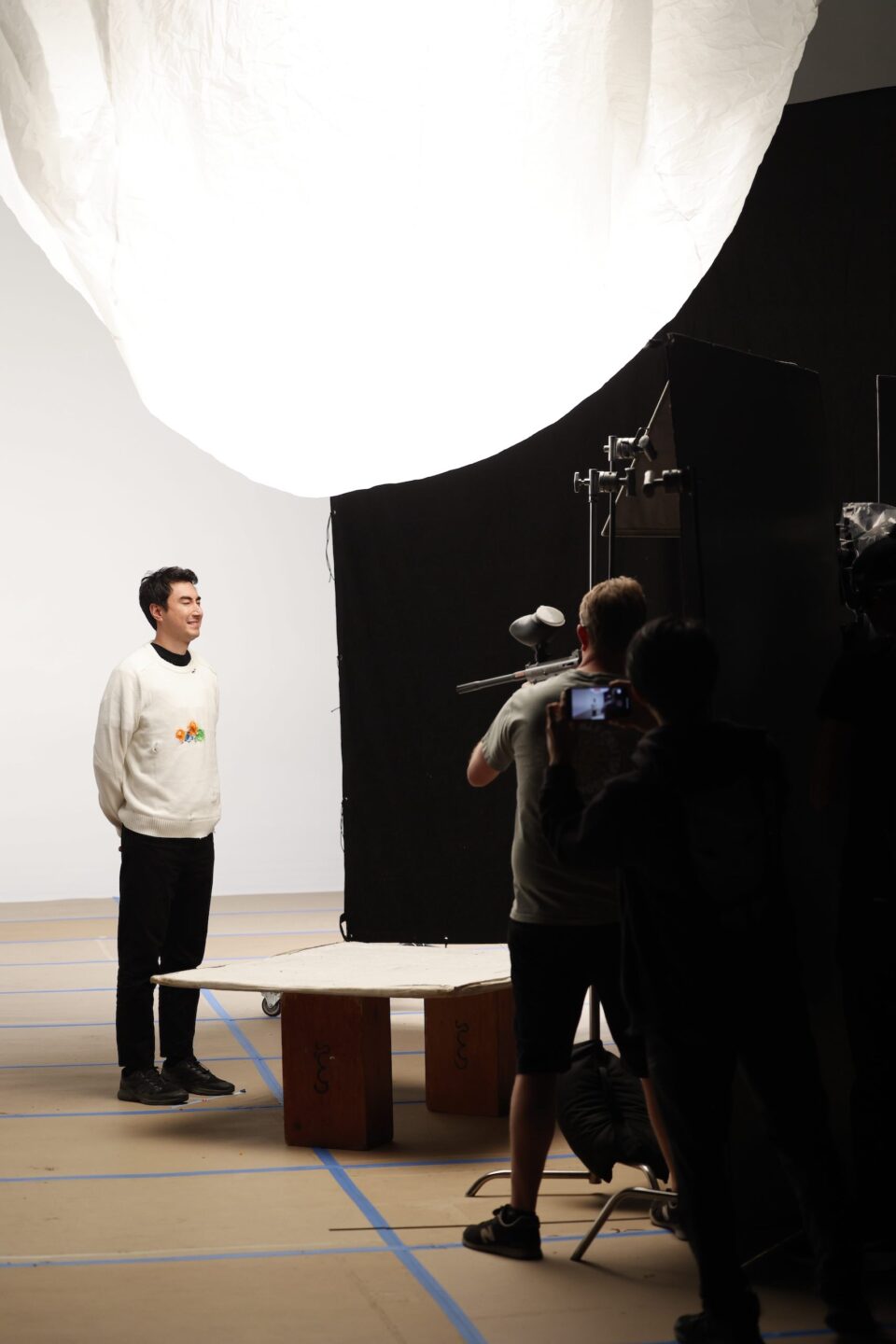
“That’s such a big part of directing small movies: You get what you get and you make the most out of it.”
What were your discussions like with Théodore Pellerin before filming? Did he bring anything different to the role that took you by surprise?
He just filled it out completely. So much of this movie is about looking around. What is he looking at, and why? Seeing his head turn, seeing his neck and seeing the way he’s trying to be seen or not seen in a moment—or not seen in a certain light. It’s all in his face. Leaning into that performance really benefitted the movie, because it’s something that only this medium could do: showing the minutiae in his face from moment to moment as he lives and dies by these social interactions. [You can see it in] his eyes when someone else gets the attention. He has a way of doing it with both ambiguous intentions and contradicting impulses. It’s always a tug of war between trying to get the attention and also trying not to seem like he’s trying to get attention. That’s all in his face, and [Théodore] realized the nuance of that.
One of my favorite scenes was when you filmed a music video from the perspective of a sheep! Was this written in the script, or was it a spur-of-the-moment thing like it was in the movie?
It was written into the script. That’s what makes it one of my favorite scenes, because someone might watch it and say, “Did you just come up with that on the day?” It feels so naturalistic and so organic. That scene, shot for shot, was in the first draft of the movie. It’s a mix of the camcorders and our own cameras that work so well in that sequence. I just love it. FL
